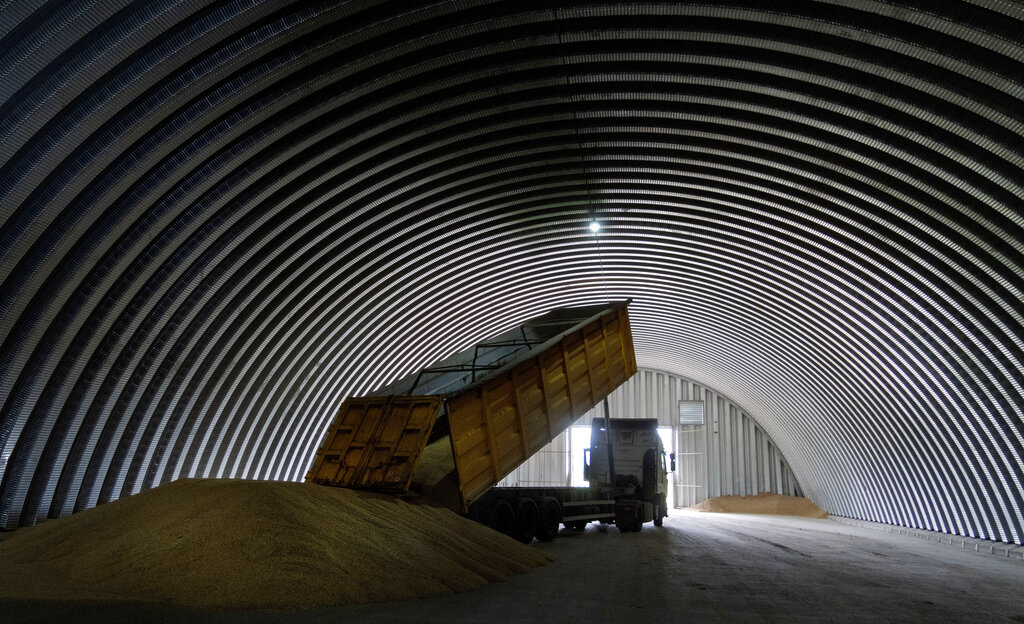Poland will find its food market overwhelmed by Ukrainian products this autumn, warns Jan Krzysztof Ardanowski, Poland’s former agriculture minister and a ruling party MP for Law and Justice (PiS).
Ardanowski is now sounding the alarm about Ukrainian agricultural products entering the Polish market once the embargo on Ukrainian grain is no longer allowed by the EU. Ardanowski, who is currently an adviser to Polish President Andrzej Duda, claims that grains, as well as meat and other products, are continuing but that this will get much worse in the autumn.
He says the government must enter into negotiations with both Ukraine and the EU to avert disaster for Polish agriculture.
Ardanowski points to remarks made by Ursula von der Leyen on the European Commission being ready to lift the embargo in mid-September. Meanwhile, the embargo is already being bypassed, for example, via contracts backdated before April 15, the date when the embargo was introduced.
The former agriculture minister puts most of the blame on the European Commission, which lifted restrictions on Ukrainian produce.
“The European Commission is behaving like Pontius Pilate and washing its hands of the matter, passing it onto the member states and making symbolic gestures such as inadequate compensation payments,” he said.
He added that he feels that Poland has been left with the problem, as the European Commission has refused to help member states export Ukrainian grain to Africa and the Middle East.
Ardanowski argues that Poland does not have the logistics to export Ukrainian grain abroad, and the situation is being made worse by Russia’s decision to quit its grain deal with Ukraine, posing a very real risk to Polish farmers.
The ex-minister also says that Poland has a moral right to press the Ukrainians on this because of all its generous help during the war. One solution would be for Ukraine to work jointly with Poland to process its products and export them. He concluded by saying that Poland must defend its interests and ensure a trade deal that protects its farmers.






